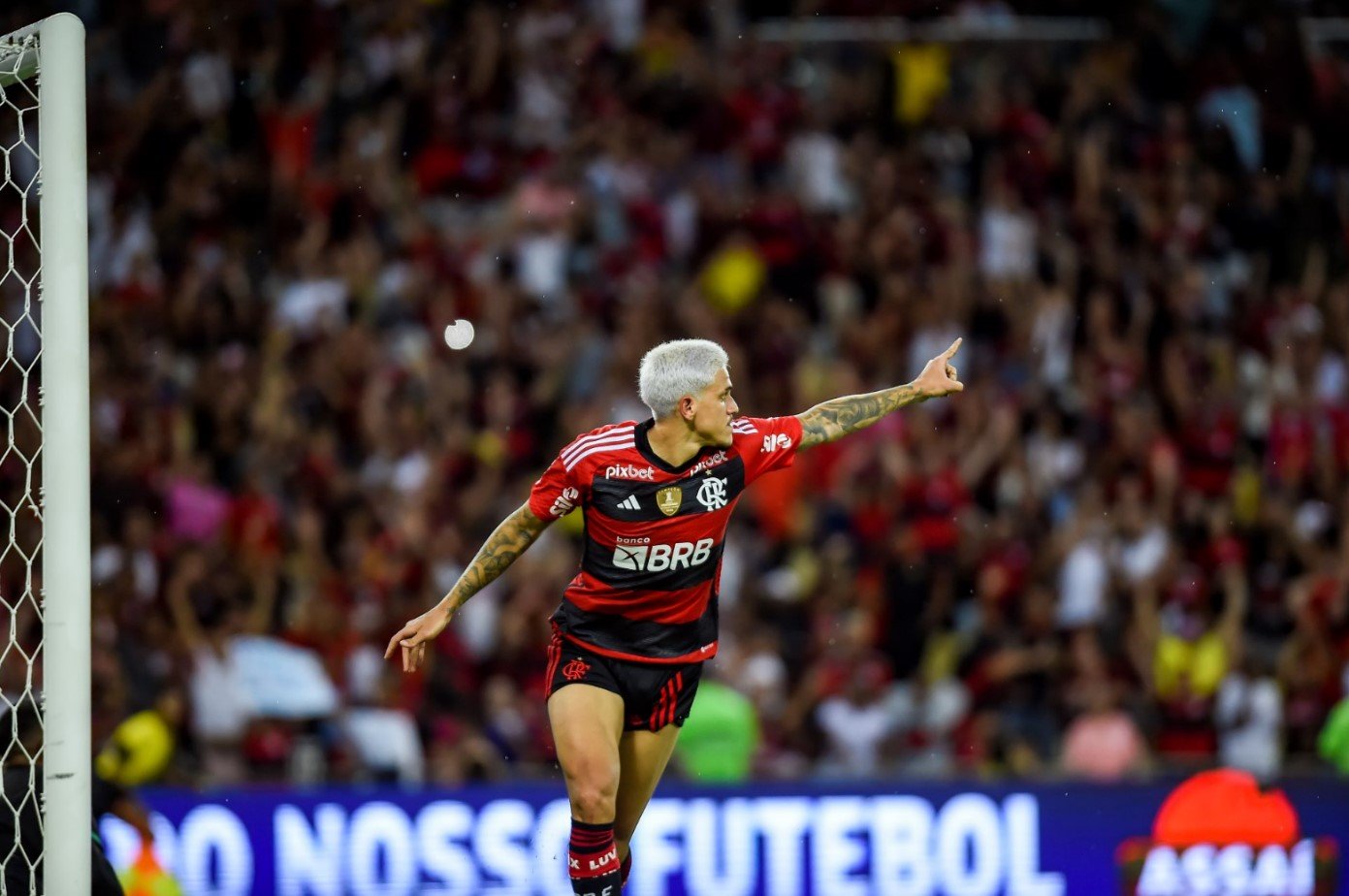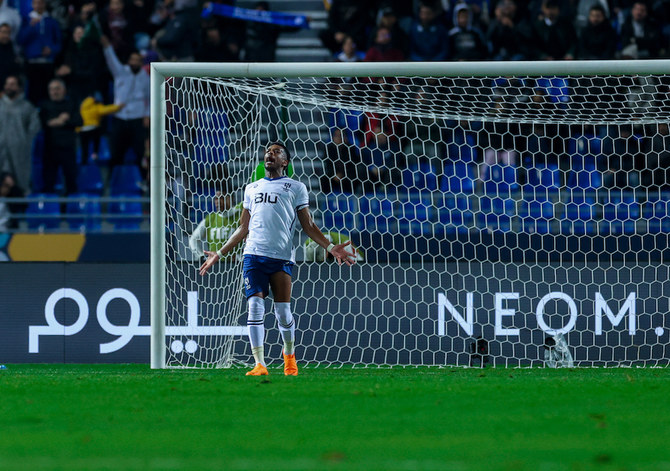FK Velež Mostar: A Historic Football Club from Bosnia and Herzegovina
Por um escritor misterioso
publicado em dezembro/22/2024

Learn about the rich history and achievements of FK Velež Mostar, one of the oldest and most successful football clubs in Bosnia and Herzegovina.

The club's journey began in the early 20th century when Mostar was part of the Kingdom of Yugoslavia. It was founded as HŠK Zrinjski, named after a historical figure from the medieval Croatian kingdom. In 1945, after World War II, the club changed its name to Velež as a tribute to the local mountain range that overlooks the city.
FK Velež Mostar enjoyed its most successful period during the 1970s when it competed in the Yugoslav First League, considered one of Europe's top football divisions at the time. Led by legendary coach Miljan Miljanić, Velež achieved remarkable success both domestically and internationally.
In 1974, Velež won their first major trophy by clinching the Yugoslav Cup. This victory allowed them to participate in the European Cup Winners' Cup for the first time in their history. They reached the quarter-finals stage of the competition, narrowly losing to Eintracht Frankfurt.
The following year, FK Velež made their mark again by winning the Yugoslav First League title. This historic triumph made them only the second Bosnian club to win the league after Željezničar Sarajevo. The team's success was fueled by talented players like Blaž Slišković, Fahrudin Prljača, and Zoran Filipović.
Velež's success on the domestic scene earned them a ticket to the UEFA Cup, where they reached the quarter-finals in 1976. This memorable run included victories over famous European clubs like Red Star Belgrade and Dynamo Moscow.
Despite facing stiff competition from prominent Yugoslav clubs such as Hajduk Split, Partizan Belgrade, and Red Star Belgrade, FK Velež Mostar consistently competed at the highest level during this era. They remained a force to be reckoned with until the breakup of Yugoslavia and subsequent Bosnian War disrupted the football landscape.
The war had a devastating impact on the city of Mostar, causing immense damage to infrastructure and tearing communities apart. The stadium where Velež played its home matches, Bijeli Brijeg Stadium, was severely damaged during the conflict. However, despite the adversity, FK Velež managed to rise again and rebuild.
In the post-war years, FK Velež faced numerous challenges but continued to assert its presence in Bosnian football. They achieved promotion back to the top-flight of Bosnian football in 2004 after spending several seasons in lower divisions. Since then, they have been a consistent competitor in the Premier League of Bosnia and Herzegovina, regularly finishing in the top half of the table.
One of FK Velež's most notable achievements in recent years came in 2010 when they won the Bosnian Cup for the first time. This success allowed them to compete in the UEFA Europa League qualifiers.
The club has a passionate fan base that has remained loyal throughout its ups and downs. The "FANS OF VELEŽ" group is known for their unwavering support and their impressive choreographies during matches. The fans' devotion to the club is a testament to the strong bond between FK Velež and the city of Mostar.
Looking ahead, FK Velež aims to continue its pursuit of success and establish itself as a prominent force in Bosnian football. The club continues to prioritize youth development, nurturing local talent and providing them with opportunities to shine on the national and international stage.
FK Velež Mostar's rich history, achievements, and resilience make it an integral part of the football fabric in Bosnia and Herzegovina. As they continue to write new chapters in their story, the club's legacy will endure, inspiring future generations of football players and fans alike.




Al-Hilal seeking history in FIFA Club World Cup final against mighty Real Madrid
FK Velež Mostar is a football club based in Mostar, Bosnia and Herzegovina. Founded in 1922, it is one of the oldest and most successful clubs in the country. Over the years, FK Velež has established itself as a symbol of resilience, unity, and sporting excellence.The club's journey began in the early 20th century when Mostar was part of the Kingdom of Yugoslavia. It was founded as HŠK Zrinjski, named after a historical figure from the medieval Croatian kingdom. In 1945, after World War II, the club changed its name to Velež as a tribute to the local mountain range that overlooks the city.
FK Velež Mostar enjoyed its most successful period during the 1970s when it competed in the Yugoslav First League, considered one of Europe's top football divisions at the time. Led by legendary coach Miljan Miljanić, Velež achieved remarkable success both domestically and internationally.
In 1974, Velež won their first major trophy by clinching the Yugoslav Cup. This victory allowed them to participate in the European Cup Winners' Cup for the first time in their history. They reached the quarter-finals stage of the competition, narrowly losing to Eintracht Frankfurt.
The following year, FK Velež made their mark again by winning the Yugoslav First League title. This historic triumph made them only the second Bosnian club to win the league after Željezničar Sarajevo. The team's success was fueled by talented players like Blaž Slišković, Fahrudin Prljača, and Zoran Filipović.
Velež's success on the domestic scene earned them a ticket to the UEFA Cup, where they reached the quarter-finals in 1976. This memorable run included victories over famous European clubs like Red Star Belgrade and Dynamo Moscow.
Despite facing stiff competition from prominent Yugoslav clubs such as Hajduk Split, Partizan Belgrade, and Red Star Belgrade, FK Velež Mostar consistently competed at the highest level during this era. They remained a force to be reckoned with until the breakup of Yugoslavia and subsequent Bosnian War disrupted the football landscape.
The war had a devastating impact on the city of Mostar, causing immense damage to infrastructure and tearing communities apart. The stadium where Velež played its home matches, Bijeli Brijeg Stadium, was severely damaged during the conflict. However, despite the adversity, FK Velež managed to rise again and rebuild.
In the post-war years, FK Velež faced numerous challenges but continued to assert its presence in Bosnian football. They achieved promotion back to the top-flight of Bosnian football in 2004 after spending several seasons in lower divisions. Since then, they have been a consistent competitor in the Premier League of Bosnia and Herzegovina, regularly finishing in the top half of the table.
One of FK Velež's most notable achievements in recent years came in 2010 when they won the Bosnian Cup for the first time. This success allowed them to compete in the UEFA Europa League qualifiers.
The club has a passionate fan base that has remained loyal throughout its ups and downs. The "FANS OF VELEŽ" group is known for their unwavering support and their impressive choreographies during matches. The fans' devotion to the club is a testament to the strong bond between FK Velež and the city of Mostar.
Looking ahead, FK Velež aims to continue its pursuit of success and establish itself as a prominent force in Bosnian football. The club continues to prioritize youth development, nurturing local talent and providing them with opportunities to shine on the national and international stage.
FK Velež Mostar's rich history, achievements, and resilience make it an integral part of the football fabric in Bosnia and Herzegovina. As they continue to write new chapters in their story, the club's legacy will endure, inspiring future generations of football players and fans alike.

REAL MADRID x AL-HILAL Chamada da FINAL do MUNDIAL DE CLUBES 2023 na GLOBO (11/02/2023)

Grêmio x Cuiabá: confira horário, onde assistir, palpites e prováveis escalações - Jogada - Diário do Nordeste
